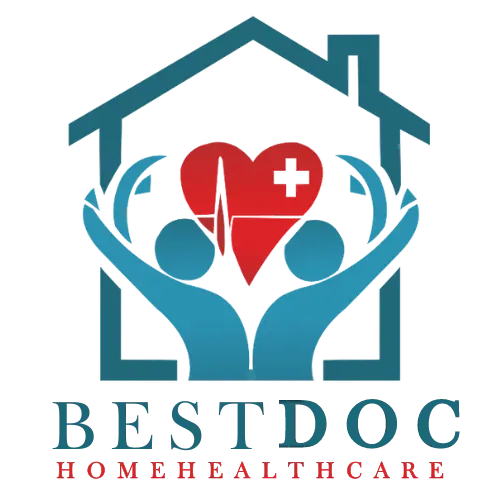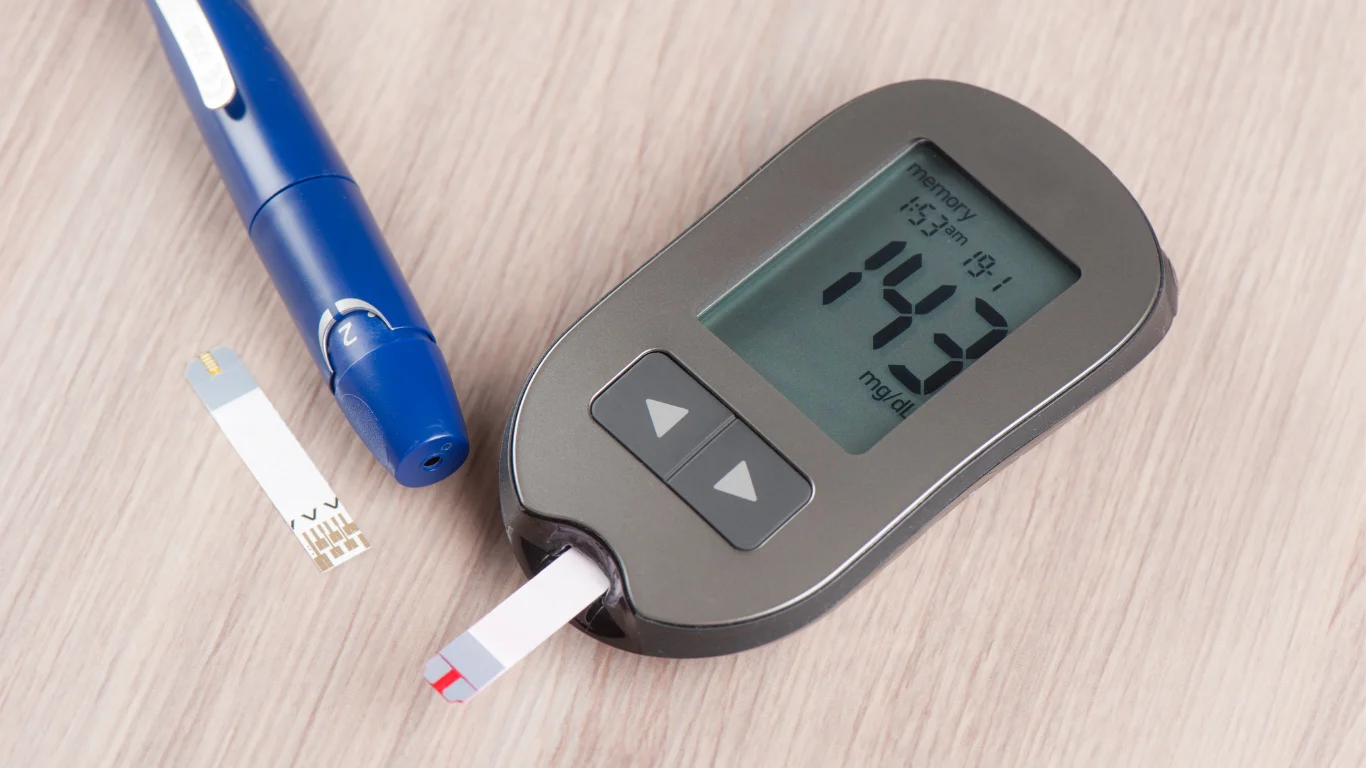Eating disorders are complex mental health conditions that impact millions worldwide, disrupting not just the lives of those directly affected but also their families. These disorders often stem from a mix of psychological, biological, and environmental factors, creating unhealthy patterns around food, eating habits, and body image.
While eating disorders can feel isolating, recovery is possible with the right care and support. In this blog, we’ll explore the types of eating disorders, their causes, treatment options, and how Best DOC can provide effective, compassionate help.
Types of Eating Disorders
Eating disorders manifest in different ways, with each type presenting unique challenges:
- Anorexia Nervosa
- Severe restriction of calorie intake.
- Intense fear of gaining weight and a distorted body image.
- Can lead to extreme weight loss and severe physical complications.
- Bulimia Nervosa
- Cycles of binge eating followed by compensatory behaviors like vomiting, over-exercising, or fasting.
- Often accompanied by guilt, shame, and secrecy.
- Binge Eating Disorder
- Frequent episodes of consuming large amounts of food, often without control.
- Not followed by compensatory behaviors, which can lead to weight gain and emotional distress.
- Other Specified Feeding or Eating Disorders (OSFED)
- Disorders that don’t meet the criteria for the above but still have serious consequences.
- Examples include night-eating syndrome or atypical anorexia.
For further details on the characteristics and treatment strategies for eating disorders, check this research article on the latest insights.
Who Is Affected by Eating Disorders?
Eating disorders can affect anyone, but they are most prevalent among adolescents and young adults. Women are disproportionately affected, although cases among men and older adults are increasing.
Key statistics indicate:
- Adolescents aged 15–19 are at the highest risk.
- Individuals experiencing high levels of stress, trauma, or societal pressure are more susceptible.
Eating disorders don’t discriminate—they affect people across all ages, genders, and backgrounds, making awareness and early intervention crucial.
Causes and Risk Factors
The causes of eating disorders are multifactorial, involving a blend of biological, psychological, and societal elements:
- Biological Factors:
- Genetic predispositions.
- Brain chemical imbalances affecting appetite, mood, or impulse control.
- Psychological Influences:
- Low self-esteem, perfectionism, and difficulties managing emotions.
- Co-occurring mental health conditions like anxiety or depression.
- Environmental Pressures:
- Unrealistic beauty standards portrayed in media.
- Cultural norms emphasizing appearance over health.
Understanding these triggers helps tailor treatment to address the root causes effectively. Refer to this study for a deeper dive into the biological and environmental influences on eating disorders.
Treatment and Management Options
Recovery from eating disorders is possible with a comprehensive approach that includes medical, psychological, and nutritional care:
- Therapy:
- Cognitive Behavioral Therapy (CBT) is highly effective in challenging distorted thought patterns.
- Family-Based Therapy (FBT) is beneficial for adolescents.
- Nutritional Guidance:
- Helps individuals rebuild a positive relationship with food.
- Focuses on restoring balanced eating habits.
- Medical Supervision:
- Monitors and treats physical complications such as malnutrition, electrolyte imbalances, or organ damage.
The road to recovery may be challenging, but the right combination of treatments makes sustainable healing possible.
How Life Coaching Supports Recovery
Life coaching is an increasingly popular addition to traditional treatment methods. It focuses on addressing the emotional triggers and behaviors that contribute to disordered eating while building resilience.
According to Natural Food Therapy, eating disorder coaches help individuals:
- Identify and challenge harmful habits.
- Set realistic goals for emotional and physical well-being.
- Build confidence in navigating daily challenges.
Life coaching empowers individuals to take control of their recovery journey, complementing therapy and medical care.
How Best DOC Can Help
At Best DOC, we provide holistic, at-home care tailored to individuals with eating disorders. Our team is committed to delivering compassionate, expert support that fits into your life seamlessly.
- At-Home Consultations
Our Doctor on Call service connects you with experienced physicians and therapists in the privacy and comfort of your home. - Nutritional Support
Personalized plans to restore healthy eating habits, addressing deficiencies that eating disorders may cause. - IV Therapy
Severe malnutrition or dehydration? Our IV Therapy at Home service delivers essential nutrients efficiently, promoting faster recovery. - Mental Health Support
Tailored counseling to help address the psychological aspects of eating disorders.
With our 30-minute response time, expert care is never far away.
Risks of Untreated Eating Disorders
If left untreated, eating disorders can lead to severe consequences:
- Physical Health Risks: Malnutrition, weakened immunity, heart problems, and organ damage.
- Mental Health Effects: Increased risk of anxiety, depression, and social withdrawal.
- Life-Threatening Outcomes: In severe cases, eating disorders can become fatal due to complications like heart failure or suicide.
Seeking help early can prevent these risks and improve long-term health outcomes.
Conclusion
Eating disorders are complex, but they are treatable with the right interventions. Whether you or a loved one is struggling, recognizing the signs and taking prompt action can make all the difference.
At Best DOC, we bring expert healthcare to your doorstep, offering tailored solutions to support recovery. From at-home consultations to IV therapy, we’re here to ensure your journey to healing is smooth and stress-free.
Take the first step toward recovery today—contact Best DOC for compassionate, personalized care.











